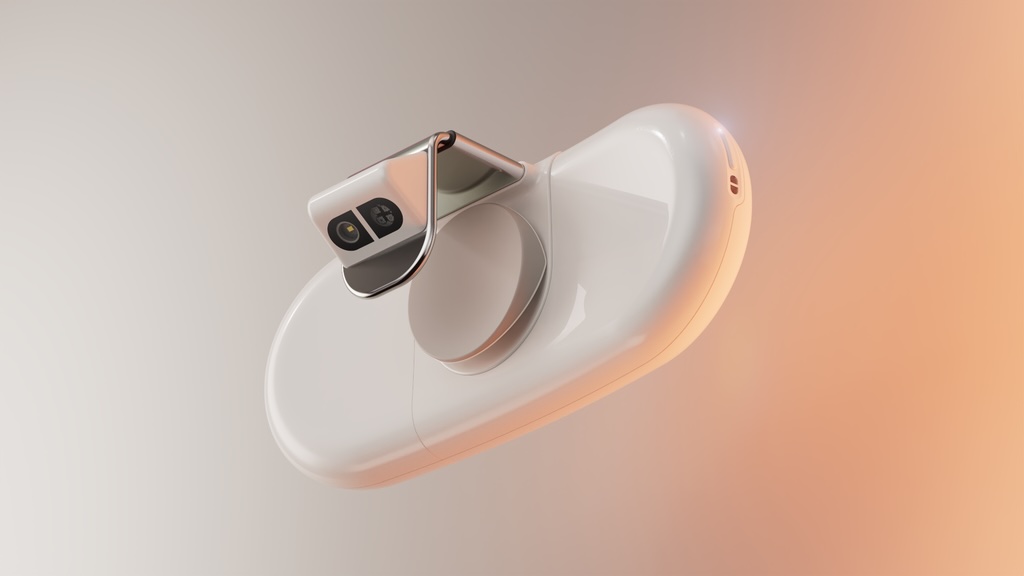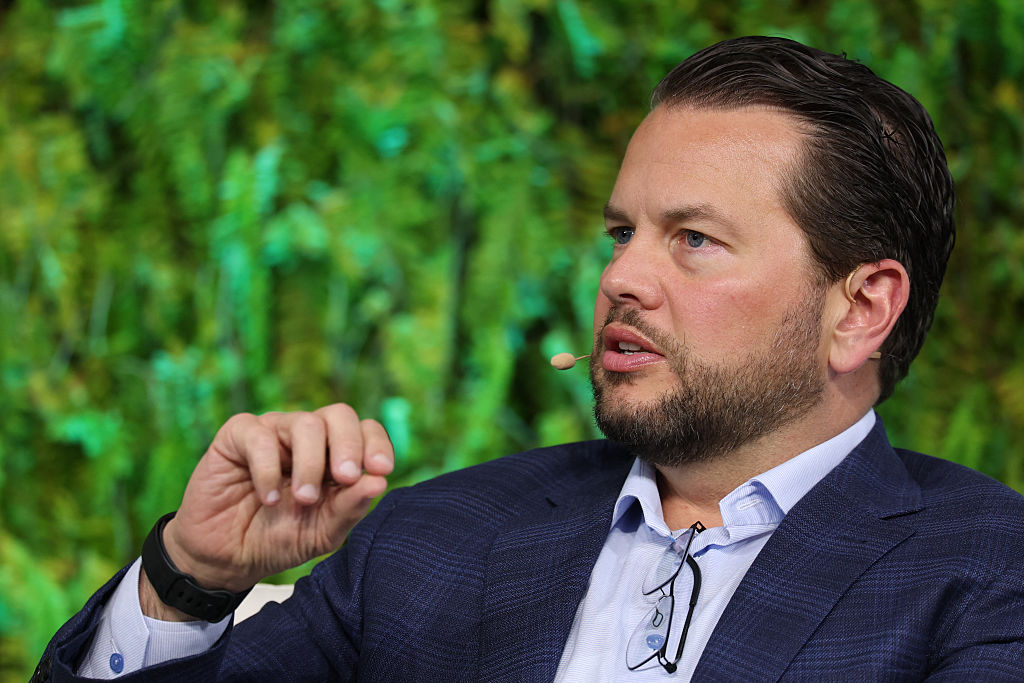Kohler, a renowned name in home fixtures, has unveiled its latest innovation: the Dekoda, a $599 camera designed to attach to your toilet bowl. This device captures images of the toilet’s contents to provide insights into users’ gut health, hydration levels, and to potentially detect the presence of blood.
The Dekoda is equipped with a rechargeable battery, a USB connection for easy charging, and a fingerprint sensor to identify individual users. This ensures that health data is personalized and accurate. The device is currently available for pre-order, with shipments set to commence on October 21. In addition to the initial purchase price, users will need to subscribe to a service plan, costing between $70 and $156, to access the full suite of health monitoring features.
Addressing potential privacy concerns, Kohler emphasizes that the Dekoda’s sensors are designed to focus solely on the toilet bowl’s interior, ensuring that no other areas are captured. Furthermore, all data collected by the device is secured using end-to-end encryption, safeguarding users’ sensitive health information.
Kohler is not alone in exploring this niche market. In 2024, a startup named Throne introduced a similar product—a toilet-mounted camera that analyzes waste to assess gut health and hydration. Throne’s device utilizes artificial intelligence to interpret the images, offering users detailed health insights. The company assures users that all images are anonymized and that data security is a top priority.
The introduction of devices like Dekoda and Throne’s camera signifies a growing trend in integrating health monitoring technologies into everyday household items. By leveraging advanced imaging and AI capabilities, these products aim to provide users with real-time health assessments, potentially leading to early detection of health issues and promoting proactive wellness management.
However, the adoption of such intimate monitoring devices raises questions about user privacy and data security. Manufacturers must ensure that robust measures are in place to protect users’ information and to maintain trust. Transparent communication about data usage, storage, and sharing policies will be crucial in addressing these concerns.
As technology continues to permeate every aspect of daily life, the line between personal privacy and health monitoring becomes increasingly blurred. Consumers interested in these innovations should weigh the benefits of real-time health insights against potential privacy implications. It’s essential to stay informed about how personal data is handled and to make choices that align with individual comfort levels and health goals.



